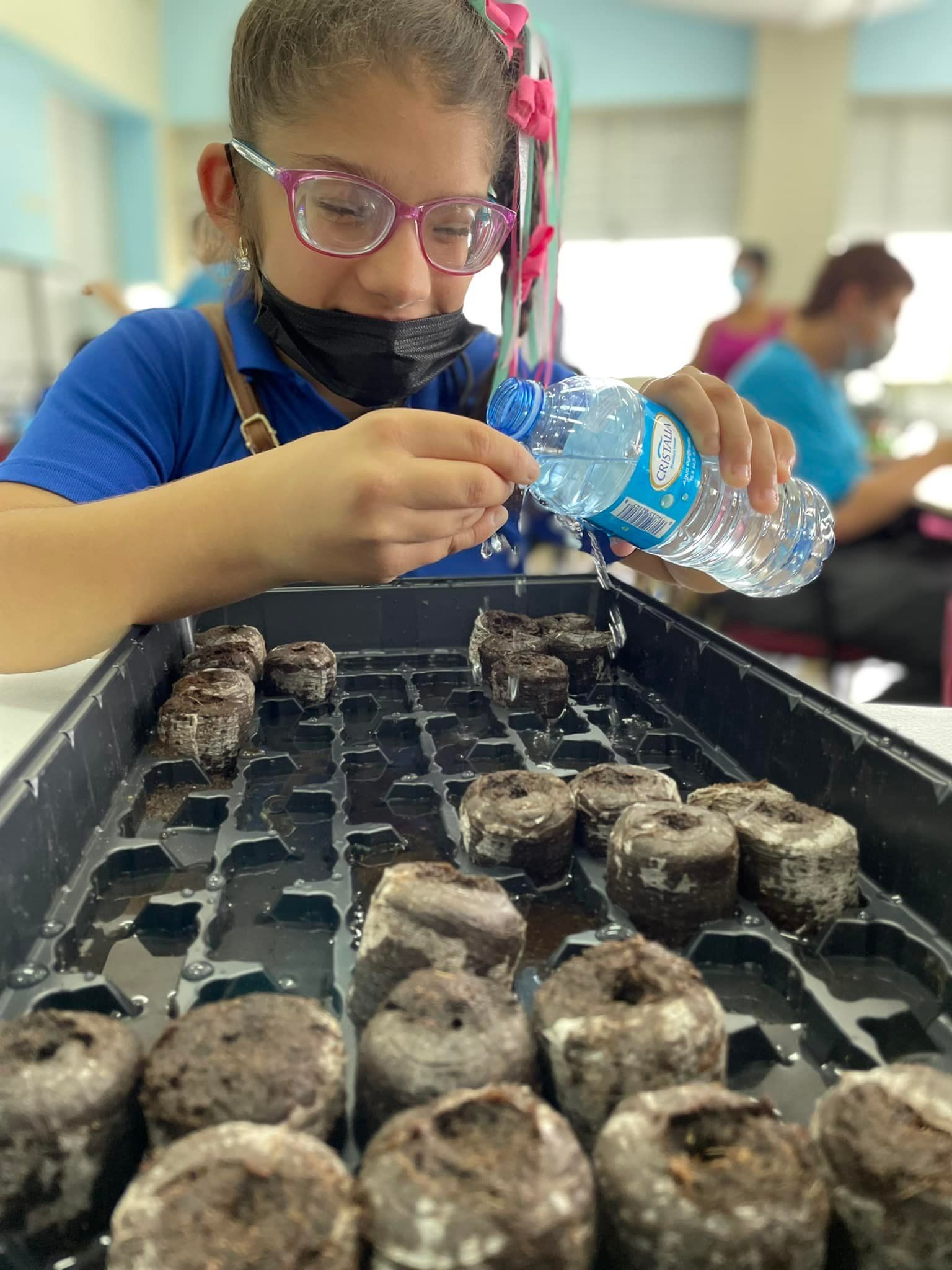Incorporating eco-education into the school curriculum is an important step towards the formation of an environmentally conscious generation. Eco-education promotes understanding of the importance of environmental protection and sustainable development.
Many teachers do not know how to introduce eco-education into the school program:
Idea #1
Create integrated lessons
Biology and Geography: Lessons on ecology, learning about ecosystems, biodiversity and climate change.
Physics and Chemistry: Study energy conservation, renewable energy, chemical processes and their impact on the environment.
Literature and History: Reading and discussing works on environmental topics, studying the history of environmental movements.
English: English lessons can easily be combined with geography and biology. The main thing is to create a masterpiece lesson in collaboration with the teacher of the subject.
Idea #2
Organize extracurricular activities such as:
School Projects: Organize tree planting activities, clean up local parks, and participate in recycling events. If you still want to learn more about this, you are welcome to visit Sehriyo School, Tashkent, Uzbekistan.
Eco-clubs: Create a school club where students can discuss environmental issues, participate in environmental contests, debates and initiatives.
Field trips and camps: Organize field trips to natural sites, ecological excursions and summer camps dedicated to learning about the environment.
Idea #3
Hands-on learning:
School Gardens: Create and support school gardens where students can learn to grow plants and care for nature.
Idea #4
Use of Technology:
Online Courses and Resources: Incorporate online environmental resources and courses, using interactive applications and games to explore environmental issues.
Virtual labs: Conduct virtual experiments to study human impact on the environment.
There are numerous advantages of eco-education.
First of all, it supports the formation of ecological consciousness. It is no secret that in this way students learn about the importance of conservation and develop an informed attitude towards the planet's resources.
It is not insignificant that it supports the development of critical thinking. Critical thinking helps to analyze environmental problems and search for solutions that in the future can become a source of preserving Planet Earth in good condition.
And there is also an interesting point - it prepares the younger generation for the future. Sustainability education prepares students for life in a world where environmental concerns are becoming more and more important.
Eco-education not only helps to reduce the ecological footprint, but also fosters a responsible generation ready to care for the planet and take an active part in its preservation.
If you really support my ideas don`t forget  to me
to me
